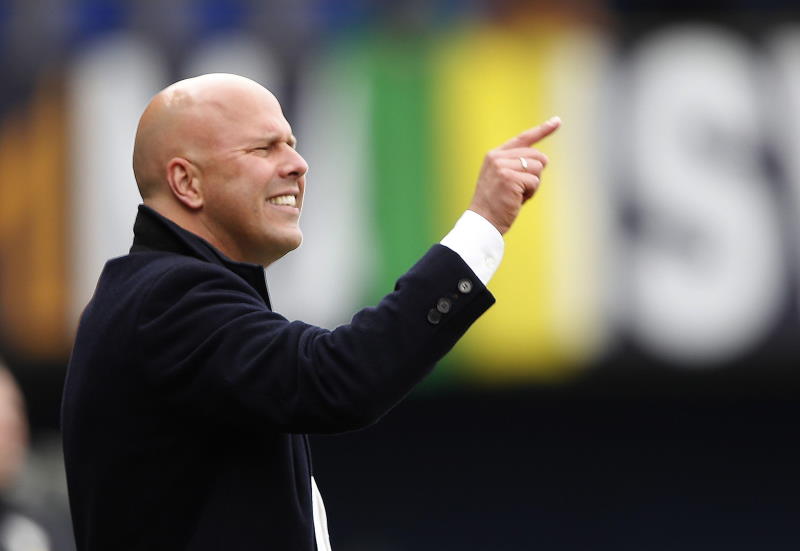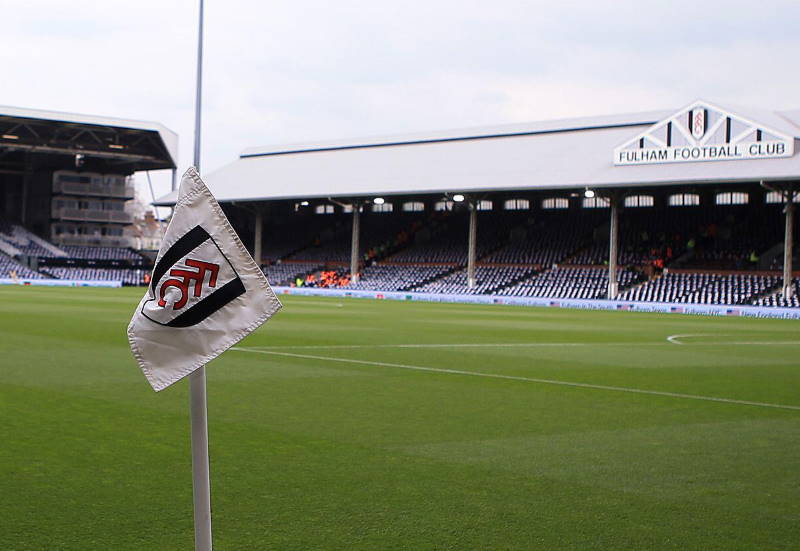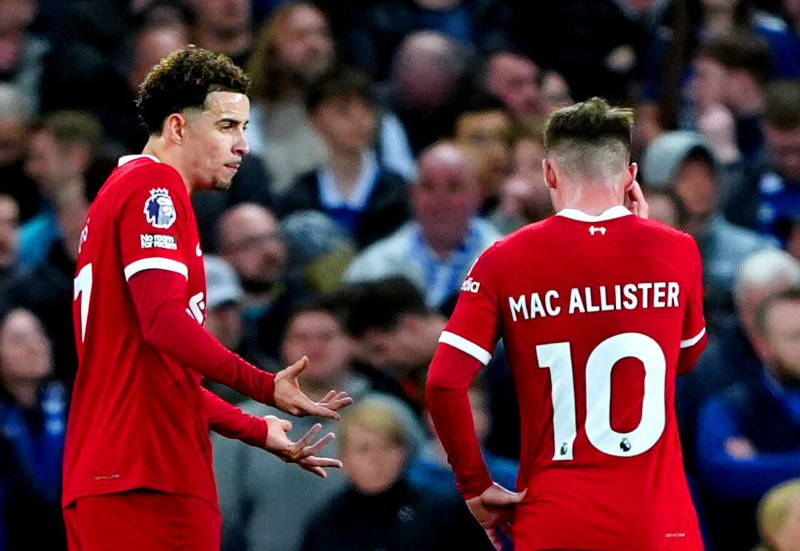
In the Champions League final at Wembley Stadium a worldwide audience in their hundreds of millions witnessed something quite extraordinary. Barcelona demonstrated exactly what is meant by the popular phrase associated with association football – “the beautiful game”.
This phrase is supposed to have been concocted by 81-year-old British football commentator Stuart Hall who is, incredibly, still working, with BBC Radio Five Live.
Although Hall explains that he was inspired by watching the sublime skills of Peter Doherty at Manchester City during the 1930s, it really only caught on thanks mainly to the great Brazil teams of the late 1950s and early 1960s. And it especially applied to the side from that country which is still generally regarded as the greatest team ever – the World Cup winning class of 1970. Like Barcelona at Wembley, that Brazil side didn’t just beat excellent opponents in a final, they played them off the park, making them look very ordinary in the process. Yet both losers, Italy in 1970 and Manchester United 2011 were just about the best of the rest in their categories – by a long way.
Ironically, it was Sir Alex Ferguson who let slip what might yet turn out to be the most fitting noun to describe this Barcelona side. During his post-match interview, the still shell-shocked and obviously disappointed Scot said, “they mesmerise you.”
Whether it was just to create an eye-catching headline, some newspapers credited Lionel Messi for this performance, with the words “Magical Messi” being bandied about. And yet the mercurial Argentine’s left foot provided only one link in that continuous chain which kept the ball moving around out of United’s players’ reach. He scored only one of the three goals, while the previously unheralded Pedro Rodriguez’ brilliant strike showed that the depth of danger here is throughout. Barcelona would probably have won, though maybe not quite as comfortably, without the little man.
Comparisons have been made with the great Real Madrid side which played some equally breathtaking football in their 7-3 demolition of Eintracht Frankfurt in 1960 to take their fifth European Cup in a row. But the fact that few believe this feat will ever be repeated – even by this Barcelona side – shows that maybe the game was not as competitive then as it is now.
Perhaps a more realistic comparison in the club game would be the Ajax side that won a hat-trick of European Cups in 1971, 1972 and 1973. By then the game had developed both tactically and physically into the one recognised today. Gone were the traditional wingers and just two full-backs. Defenders everywhere had become more ruthless, thanks to the mid-1960s Inter Milan coach Helenio Herrera, who invented the stifling system known as “catennaccio”. It was recently applied by Jose Mourinho’s Real Madrid – against Barcelona – and where it had worked against mere mortals, proved useless against these ‘immortals’ from Catalonia.
Like this Barcelona side, Ajax brought a whole new dimension to the game which was christened ‘Total Football’ and which is still the basis for tactics today. It meant that every outfield player, from right back Wim Suurbier to left winger Piet Keizer, was expected to fill any role – bar goalkeeper – when the need arose. Ajax had their Messi in Johan Cruyff, but did not rely on him alone. Johan Neeskens added steel to the midfield alongside sublime ball-playing skill, while Ruud Krol and Arie Haan were both defensive midfielders who will be remembered for some long-range thunderbolt strikes, such as Haan’s 40-yard screamer in the 1978 World Cup in Argentina. Total football was, not surprisingly, adopted by the Dutch national team, who took the philosophy into two successive World Cup finals, 1974 and 1978.
But unfortunately, as well as attacking defenders, Total Football also created defending attackers who became more prominent. It was also an easier system to play, whereas Spain and Barcelona’s ‘tiki-taka’ requires extraordinary skill and team-work to be effective. The sad thing is that only a few teams will ever be good enough to play that way – never mind succeed.













